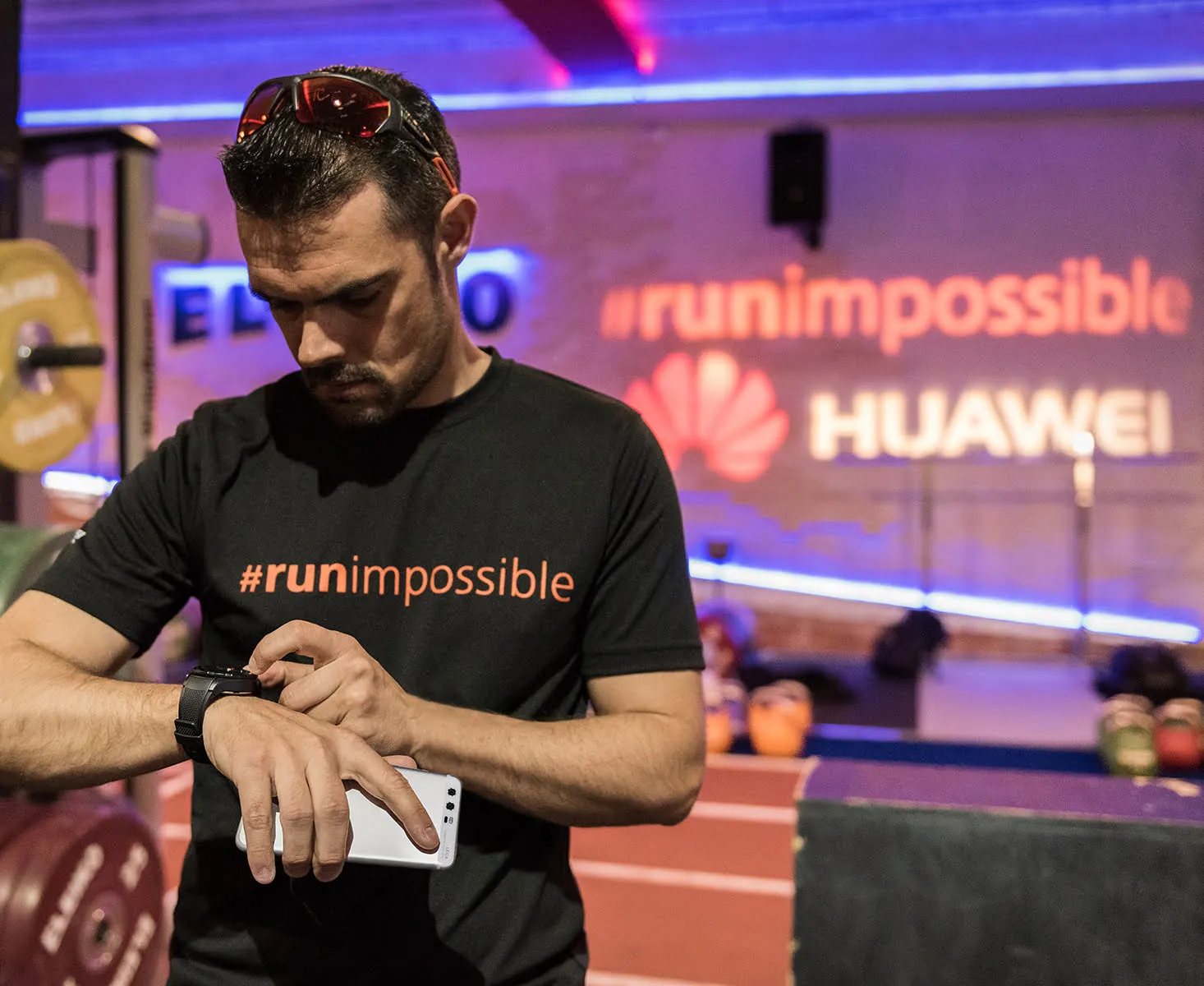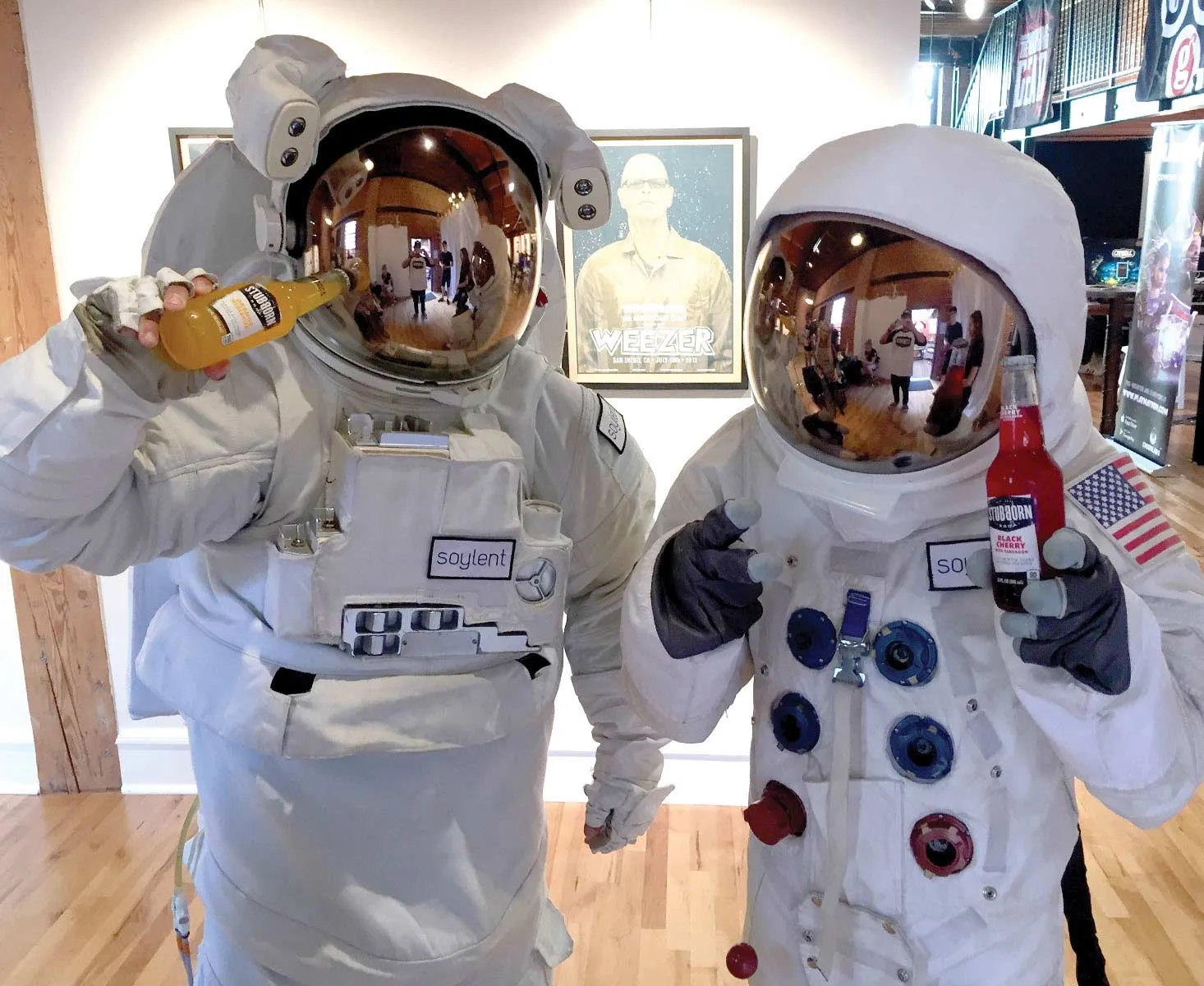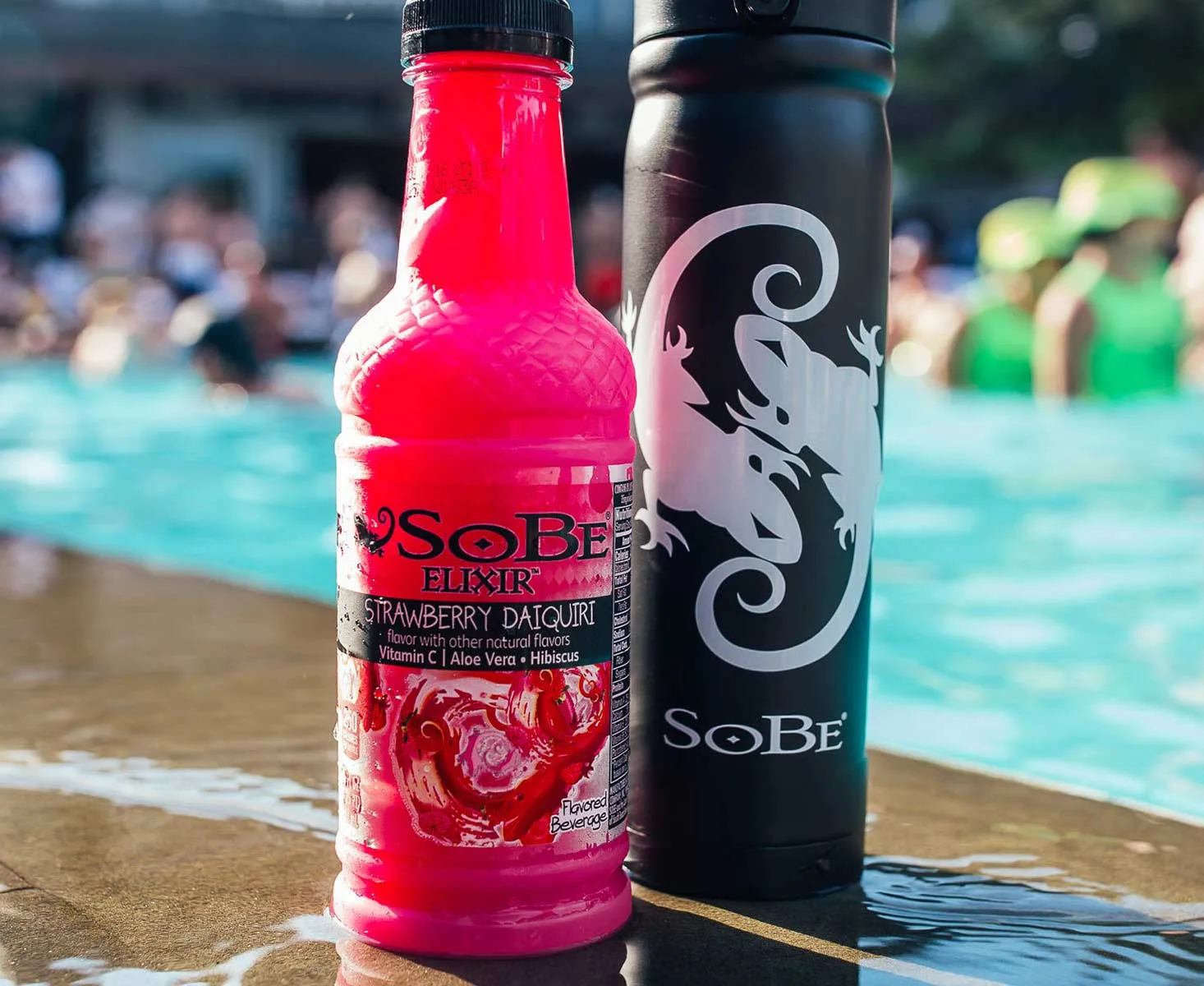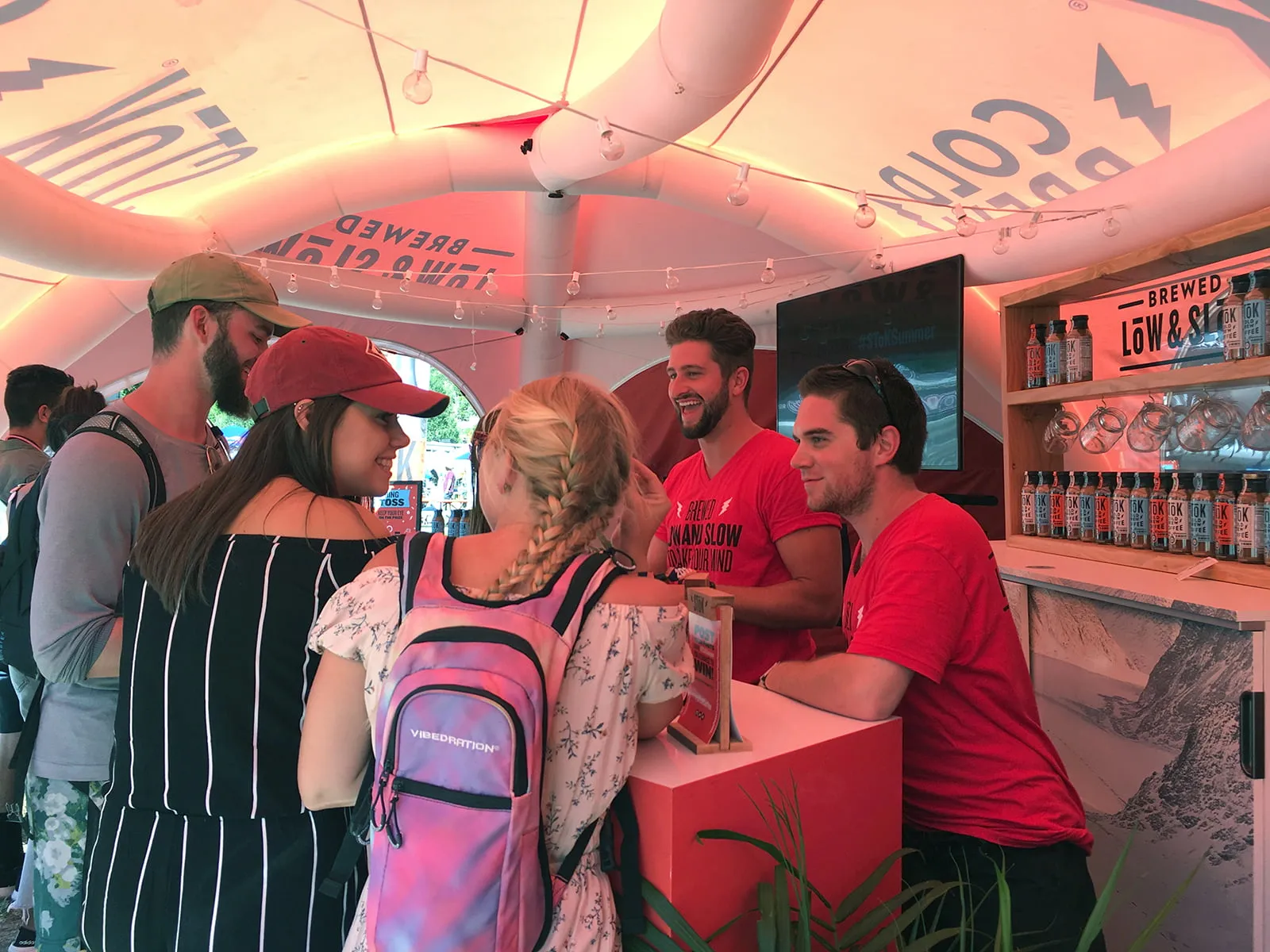In a 2017 study, the American Psychological Association found that 75% of Americans experienced at least one symptom of stress, including anxiousness or nervousness. The same study showed that women, when compared to men, are more affected by stressors.
From building a successful career to balancing family life, friends and, as much as we hate to admit it, societal pressures, stress comes from all directions. But there are things that we can do to remove stress from our lives, and one of them is the act of self-care.
Knowing the positive impact that self-care can have on the way people feel, beauty brands have benefited by broadening the way they talk about their products and services. Rather than just focusing on beauty in a superficial way, they are pivoting the conversation. Now the idea that “beauty starts from within” is beginning to take the lead, as beauty brands align themselves with health and wellness. And for many people, this resonates. Skincare and beauty products make them feel pampered, relaxed, and even empowered, which in turn, plays a key role in contributing to self-compassion and the reduction of stress.
In an industry that can be seen as rooted in vanity, beauty brands can use an in-person activation to amplify this message. Below are three ways that beauty brands can use brand experiences to demonstrate how their products can help people live happier lives and pursue wellness.
Give them a spa experience – where they least expect it
While sources of stress can vary from person-to-person, the workplace is usually a major contributor. Long hours, short deadlines, and a calendar filled with meetings can add to already high anxiety or stress. And in the modern world where work rarely ends at 5pm, rest and relaxation is hard to come by. With many in the workforce struggling to pencil in a lunch break, scheduling “me” time just doesn’t happen. In this environment, beauty and skin care brands can create brand experiences that are designed to surprise, delight, and pamper professionals where they least expect it.
A mobile spa allows brand to meet consumers anywhere – during their commute, while running errands, and even in the office. Not only will a workplace experiential campaign create a break from the monotony of the work day, it provides the brand with a captive audience of people who are eager to engage. Treatments like massage, mini-facials, manicures, and more can take place in a mobile unit outside of the building, or even inside with permission from management. Incorporate an element that consumers can take with them to encourage future sales, such as a list of products that they can use at home to recreate the facial or spa experience. And with messaging that surrounds self-care, brands can promote their belief in the value of penciling in “me” time.

Invite key consumers to indulge in a brand-sponsored retreat
Retreats have become the new experiential Shangri La. Rather than executing larger brand experiences aimed at reaching members of the general public, some brands are focusing their efforts on influencers and other important consumer groups. Offering brand-sponsored retreats is the ultimate in brand immersion. Retreats allow brands to connect with their targets on a deeper level. As Beauty Independent reports, “brands and retailers from small to big and natural to conventional are heightening their participation in retreats to enhance their wellness positioning and develop relationships with affluent health-oriented consumers.” And these social-media friendly experiences are no doubt going to be shared.
One of the most well-known beauty-brand inclusive event is the Hello Gorgeous Retreat, which features brands such as Credo, Kari Gran, LilFox, Marie Veronique, H. Gillerman Organics and African Botanics. The brands are seamlessly incorporated into the experience, which includes wellness seminars, activities, and more. Abby Morgan, director of brand marketing at Free People, sums up the appeal in retreat-based marketing, stating that “beauty no longer refers to just makeup and is really about optimizing your health from within. Customers are looking to enhance every aspect of their life while attending these trips, so incorporating healthy and clean beauty items (feels) natural.”

Give them brand experiences with professional insight and a personalized skin routine
For any person, male or female, your complexion matters. The skin’s condition is one of the first things people notice, which is why clear and healthy skin is so closely tied to one’s self-esteem. But your skin is ever-changing. When it comes to a skincare routine, what works now might not work later. For many people, especially as they age, knowing when and how to change skin care products can feel overwhelming. And while many brands use targeted terms like “for oily skin,” that might not be helpful if a consumer either doesn’t know what type they are, or if their needs have evolved.
A beauty experience that provides attendees with an education, in addition to samples, gives consumers a deeper level of satisfaction with and understanding of its products. In incorporating the education piece, consumers feel more confident when making their skin care purchasing decisions. And when those consumers receive a custom skin care routine that includes the brands’ products, there is a built-in purchasing incentive. Including a digital offer to get them started can also boost their motivation to buy.
Conclusion
By aligning beauty with health, wellness, and self-care, brands can elevate themselves to a new level. No longer a line of products that are seen as related to superficiality or a “nice to have,” when beauty brands demonstrate their value in making people happier and healthier, consumers will listen – and buy.







